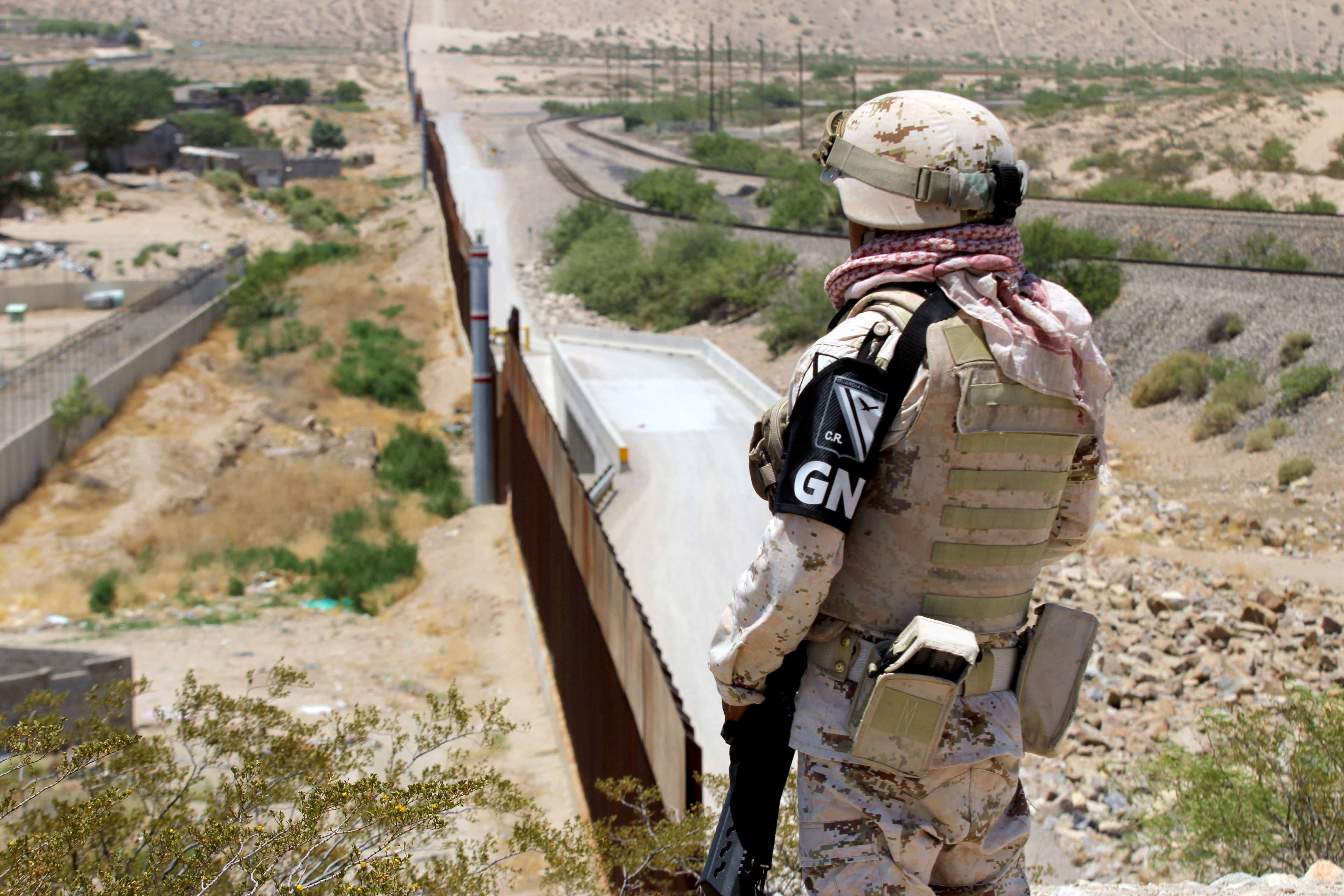RECEPTION
What is really happening on the USA-Mexico border? A reportage on the aftermath of the tragedy that saw the death of a young father with his daughter and a mother with her children from Brownsville and McAllen (Texas), where the Church welcomes the incoming refugees

(from New York) Less than a kilometre separates the bodies of Oscar Ramirez and his daughter Valeria from one of the migrants’ reception centres located a few meters from the bridge connecting the banks of the Rio Grande in Texas. Just one kilometre from a shower, from food, from a bus ticket to join a relative or a friend.
Oscar and Valeria could have been among those 500 people who Sister Norma regularly welcomes into her home with ever-open doors, where over 150 thousand migrants found hospitality in the past five years.
This young father and his daughter, whose arm was still draped around her father’s neck, drowned in an attempt to cross the Rio Grande, their bodies brought by the current of a river that took the lives of other three children and an adult past April. These recent deaths add on to the tragedy of 283 people who died along the two-thousand mile stretch of land separating the US border from Mexico, but their image, captured in a photograph, also puts the blame and condemns the ever more restrictive and unfair migration policies where
People, stripped of their dignity and rights, become the pawns of political games heedless of so many broken lives, suspended between a dreamt future and a burdensome past.
On Sunday the bodies of a mother with her two toddlers who died from a heat stroke were found in one of the many areas known for illegal border crossings in Texas. Heat exposure also killed a 12-year old boy in Arizona while trying to cross the barrier daily assaulted by dozens of people fleeing violence and destitution. If Oscar and Valeria had crossed that bridge they would have reached Brownsville, the city where bishop Daniel E. Flores knows the six children who have died in less than a year while in US Border Patrol custody. Monsignor Flores continues speaking out in support of these people that he hosts in his diocese. The bishop saw migration into the US change in just a few years, since men in search of a job were replaced by women with their children and by entire families – “the most vulnerable” – who undertake a dangerous journey not devoid of life-threatening situations.
“Governments should not treat migrants as pawns in a chess game”, Flores pointed out, adding that when it comes to migrants’ dignity “we are not speaking about criminals but of vulnerable families, and all the involved governments, not only the United States, should step up their commitment to treat migrants as human beings.” The bishop is working relentlessly on the project of a new building, halfway between the cities of Brownsville and McAllen, designed to accommodate migrants in a dignified manner. “We want a safe haven for families, a place where they can enjoy being together while waiting for their relatives”, said the bishop who plans to include a football playground in the facility, so as to give children the memories of “a normal life, for what they have experienced is beyond anything normal and because also the poor deserve something beautiful.”
The experience of Sister Norma Pimentel is marked by the same approach. In June 2014 she asked the priest of the McAllen’s Sacred Heart church if she could use the parish hall for a few days. She would have never imagined that in the following five years that mission would have continued, involving hundreds of thousands. And although in this last period, after the Mexico-USA border agreement, the numbers have slightly decreased, the centre continues its activity thanks to an enviable network of volunteers who, in addition to the soup, have managed to prepare over 400,000 sandwiches for all the migrants who resumed their journey.
This spontaneous and natural generosity is accompanied by the community’s decision to embrace the vision of the “welcoming of the stranger” found in the Gospel .This concreteness has brought together an ecumenical community that encompasses Georgetown University, which is working on the construction project, the Hispanic Heritage Foundation, the Meadow Foundation, the Salvation Army, the Jewish Synagogue, Latter-day Saints, Methodists and Lutherans. However, for Sister Norma, “not enough progress has been made to find a human solution that confronts the root causes of this crisis.” The same opinion is shared by the US bishops. In a recent press release, subsequent to the death of Oscar and Valeria, the bishops harshly condemned the federal government and the migration policies implemented, recalling that a tragedy is taking place under the weight of indifference. In the meantime Sister Norma is preparing to move for the fourth time because several neighbours have complained about the guests. Fortunately an agreement was reached between the city council and Catholic organizations to use an abandoned warehouse in the central part of the city near the bus station, so as to ease the relocation of migrants. The mission of reception continues with no rest, especially in the recruitment of new volunteers to whom Sister Norma repeats: “Come and don’t be afraid. Come and join this unique project that aims to restore human dignity.”